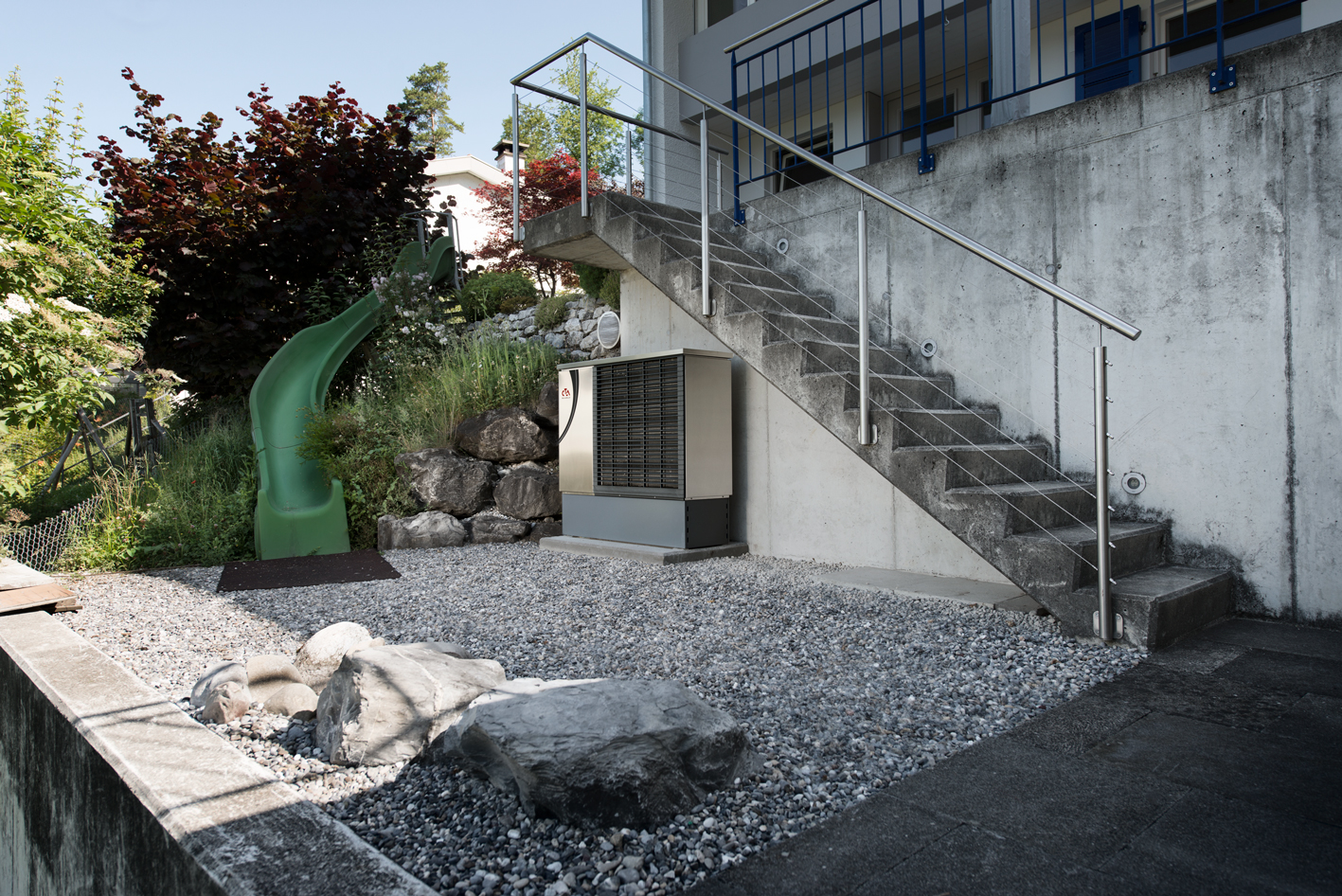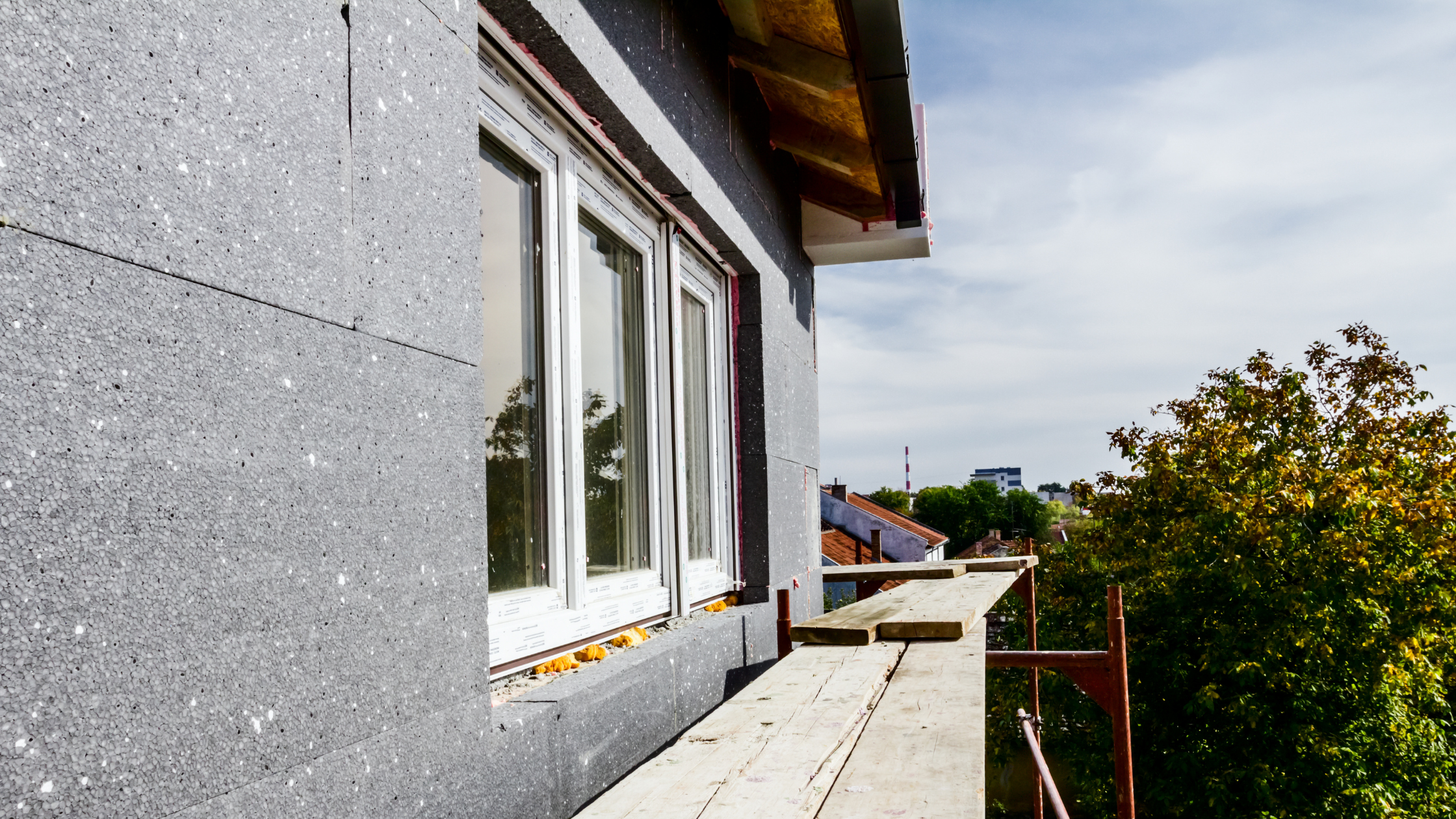


Heat pump
Heat pumps draw their energy from the air, the ground or groundwater. The use of lake water or waste heat is also possible for larger buildings or district heating. The investment costs of heat pumps are comparatively high, but their operation is inexpensive. Properly regulated, they generate 3 to 5 times the amount of heat energy with the electricity used. The type of heat source is decisive for efficiency: Heat pumps, which work over terrestrial heat probes, are more expensive because of the necessary drilling with the production, need however also up to a third less river than air/water heat pumps. In addition, geothermal probes can be used for gentle cooling thanks to GeoCooling. In many cases, it makes sense to produce the electricity yourself with a photovoltaic system. If the solar cells are on the roof, the environment is also protected. Heating costs are also reduced. A heat pump runs more efficiently if it is allowed to provide lower flow temperatures. Therefore, the operation of a heat pump with underfloor heating is usually more efficient than with radiators. However, new inverter heat pumps also achieve good efficiency values with radiators.





